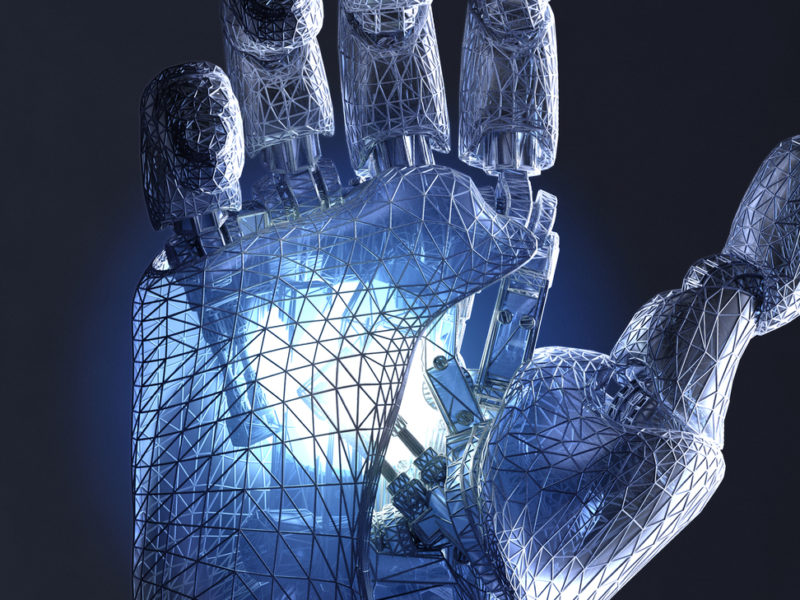Evening the Odds: Understanding the services of trial consultants
Disputes are a fact of life and business. Television shows and movies continue to sensationalize the practice of law and the jury trial. Yet legal scholars preach about the death of the American trial lawyer. These commentators refer to the fact that most legal disputes resolve through settlement or other means well before trial. When cases do go to trial, it is often because one or both parties believe the benefits of a favorable verdict outweigh the substantial cost and risk associated with putting their business and interests in the hands of jurors.
This raises a question: Should individuals and businesses leverage trial lawyers to assist in resolving disputes or mitigating the risks associated with trial? Ordinarily, clients ask attorneys to assess the strengths and weaknesses of a case at the outset of litigation. In response, attorneys will attempt to make calculated judgments about the likelihood of success and the best way to resolve the case in their clients’ favor. This, in turn, requires careful consideration of how best to frame the case to opposing counsel, the court and the jury during all steps of the litigation.
The decrease in the number of trials has placed a premium on the advice of seasoned trial lawyers, even at the outset of a dispute. Drawing on their experiences in the courtroom, trial lawyers can provide unique insight into the best way to present the strongest case to a jury and understand the risks of trial. The trial lawyer’s judgment, in turn, not only benefits the client if the case reaches a jury, but also assists the client with leveraging the strength of the case during mediation or alternative dispute resolution.
To secure these benefits, companies often retain trial lawyers or other professionals to act as consultants. In large cases, trial consultants are typically retained where irreconcilable positions and the amount in controversy presents significant risk to the client. In smaller disputes, clients may retain trial consultants to provide insight and assistance with discrete aspects of the litigation. Here are some of the services that consultants offer to clients:
Focus groups: Trial consultants often use focus groups to identify winning themes. As part of the process, a panel—chosen from the community—assesses both sides of the case. The most effective groups are composed of a carefully selected cross-section of the community that reflects the composition of a potential jury in that particular venue. The consultant solicits responses from each participant through written questionnaires and videotaped discussions. Participants’ responses are then used by the trial consultant to identify crucial arguments or evidence and otherwise help prepare the case for trial.
Mock trials: A mock trial involves an actual presentation of the case to a jury. Trial consultants often hire actors to play the part of witnesses. A panel of jurors hand-picked from the community assesses the presentation of argument, the evidence and scope of damages. To test the issues, mock jurors participate in videotaped deliberations and reach a verdict based on the evidence presented and the applicable law. Feedback from jurors is used by the consultant to advise the client on the strengths and weaknesses of various arguments, as well as the risks associated with the upcoming trial.
Witness preparation: Trial lawyers also assist with preparing witnesses for trial. Often, a witness will have never testified in court, and he or she may be anxious, fearful and unfamiliar with courtroom formalities and the rigors of cross-examination. A skilled trial lawyer and consultant will assist with preparing the witness so he or she understands the process, as well as the importance of body language, eye contact, appearance, vocal articulation and attitude.
Jury selection and assessment: Consultants also assist with jury selection and assessment. Composition of the jury is critical to the outcome of the trial. Trial consultants often advise the client on ideal jurors based on the underlying dispute, assist with crafting effective questionnaires used to select or eliminate jurors and mitigate the risk of juror bias. In some cases, consultants retain shadow jurors to observe the trial and provide insight into what the actual jury may be thinking about the strength of the client’s position on a day-to-day basis.
Taken together, a trial lawyer’s services may be instrumental in assisting clients with developing themes that resonate with the opposing counsel, the court and (ultimately) the jury. A best practice would be to involve a trial lawyer consultant very early on in any significant legal dispute. Using the tools identified above, a consultant can assist the client with strengthening their position at all stages of the litigation, so that clients can decide how best to resolve the dispute, keep the process focused and ensure the best possible outcome in court.

 Andrew M. Morse and Samuel Alba are trial lawyers with the Salt Lake City law firm of Snow Christensen & Martineau. They co-chair the Snow Trial Services team. For information about trial consulting, contact Andrew at 801-322-9183 or [email protected] and Samuel at 801-322-9234 or [email protected].
Andrew M. Morse and Samuel Alba are trial lawyers with the Salt Lake City law firm of Snow Christensen & Martineau. They co-chair the Snow Trial Services team. For information about trial consulting, contact Andrew at 801-322-9183 or [email protected] and Samuel at 801-322-9234 or [email protected].





